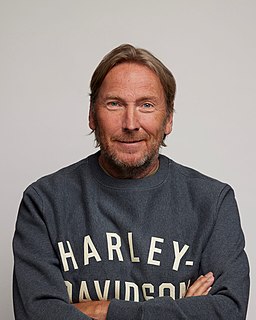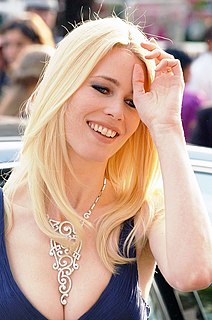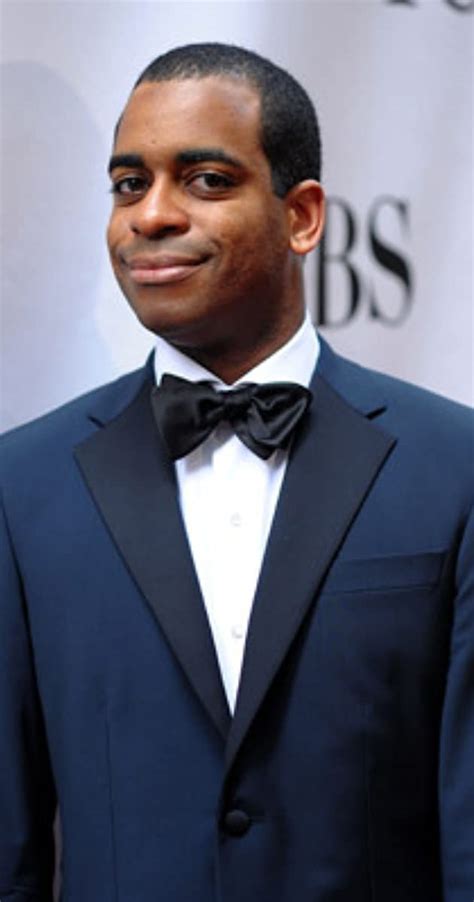A Quote by Georg Baselitz
What I could never escape was Germany, and being German.
Related Quotes
In the late '70s I was asked to sing for the first time in Germany. I'll never forget it. It was at a festival in Bremen. The German audience went berserk and the reviews were a phenomenon. For some reason the German audience understood how technically challenging this music was; it wasn't just someone yelling their head off.
As far as I know, the question of whether and how it could be strategically or morally justified was never the subject of open debate in Germany after 1945, no doubt mainly because a nation which had murdered and worked to death millions of people in its camps could hardly call on the victorious powers to explain the military and political logic that dictated the destruction of the German cities.







































